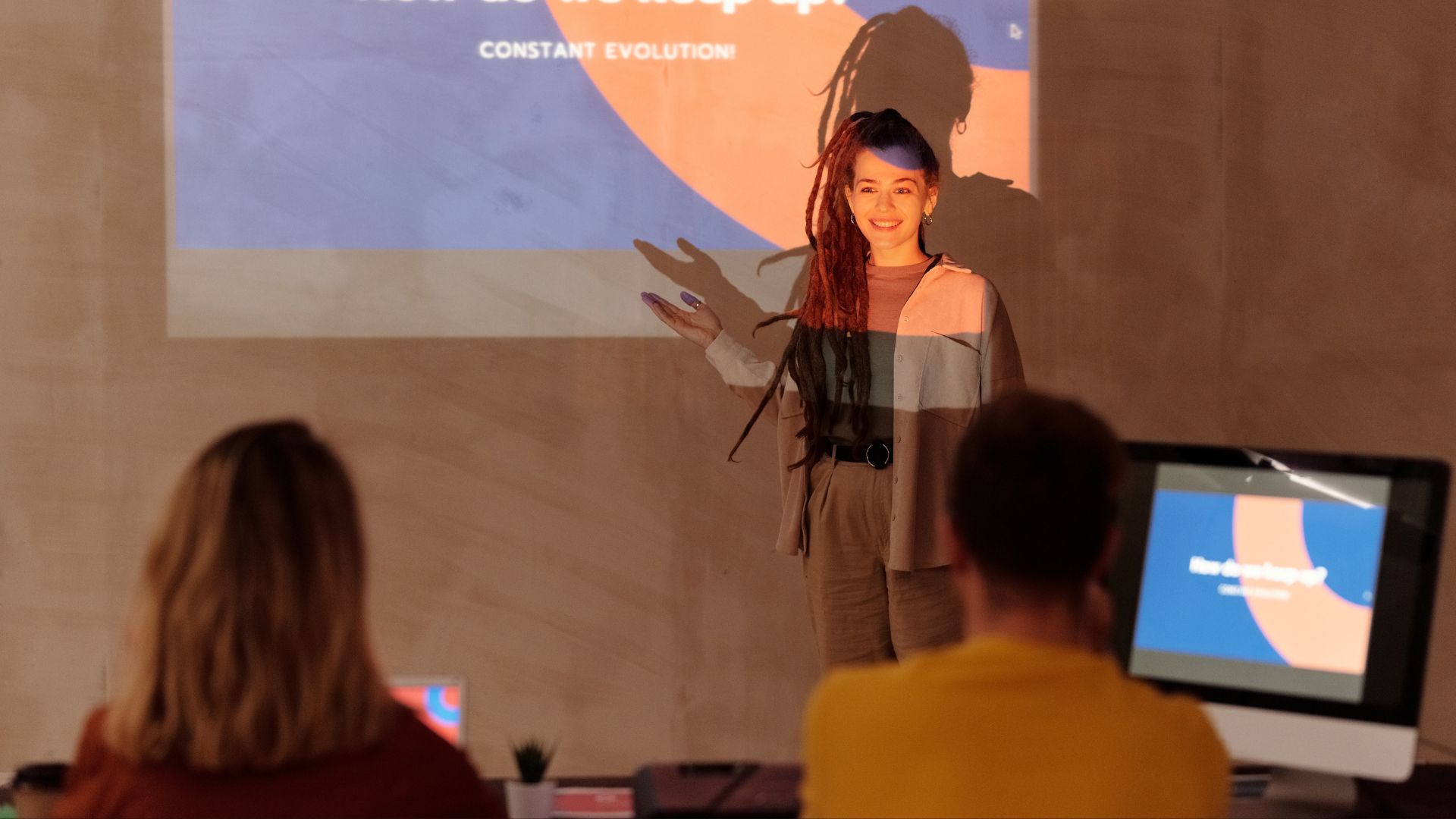
In the recruitment world we share a lot of advice to help candidates put their best foot forward when looking to secure a new role. One of the main topics we like to talk about is the interview, arguably the most crucial stage to decide whether you secure the job offer or not. Recently we opened up this discussion to our LinkedIn followers, with the majority votes going to “research the company first”, closely followed by “prepare questions to ask the interviewer”. However, one comment got us thinking… why not flip the topic on its head and ask candidates what advice they would give to the interviewer?
We’ve collated some of the answers with feedback we receive from candidates to help our clients optimise the candidate journey:
10 Top interview tips for employers:
1. Feedback within 24 hours
The #1 winning piece of advice from this poll, was feedback to your candidates within 24 hours of the interview. That could mean giving in-the-moment feedback on whether you are taking a candidate to the next stage or not, a phone call the next day, or even just checking in with an email outlining when they can expect a decision to be made. At Senitor we always encourage our clients to feedback promptly and honestly so we can keep our candidates informed throughout the hiring process.
2. Review the CV before the interview
The person who reviews the CV initially won’t always be the person interviewing the candidate, so we urge those interviewing to please take time to review that CV before you walk into the interview room! It helps to give a great first impression, it saves time on you reading through notes during the interview, and it allows you to prepare questions and discussion points to correctly assess the candidate’s suitability for your role.
3. Streamline the process
Nothing kills a candidate’s excitement to join a company than a convoluted and unnecessarily long interview process. This isn’t to say you should remove necessary steps of your interview process, but simply be aware of the impact too many stages can have on losing potentially great candidates who are snapped up quicker elsewhere, or simply disengage with your brand before the offer stage. Co-ordinate diaries with hiring managers and interviewers to minimise unnecessary repetition, utilise video interview tools and set clear deadlines for each stage so you can be up front with your candidates.

4. Assess the skills you are looking for
This was an interesting comment from one of our followers, and one we wanted to share in this blog. Remember that technical skills, and soft skills for that matter, can be honed outside of employment too. Instead of focusing entirely on employment history, be sure to open up the conversation around skills from a broader perspective. Candidates who have dedicated personal time to building out their technical capabilities will demonstrate how driven they are in their career!
5. Consider your DE&I objectives
When it comes to diversity equality and inclusion, it’s important that employers are mindful of how this can impact the candidate experience. If you are actively looking to increase the ratio of women in your tech team for example, you may want to ensure you have female representation on your interview panel. If you champion an inclusive culture for neurodiverse candidates, consider adaptations you may need to make for technical tests and tasks. The way your DE&I principles show up in the interview process can have a big impact on your employer reputation, and of course whether a candidate chooses to join you or not.
6. Tasks should be hypothetical
We’ve seen a few brands over the years take a bashing on LinkedIn when candidates have seen work produced in their interview tasks come to life later down the line – but without hiring them as an employee or paying them for the work they produced! It seems like a no brainer, but if you are setting an interview task, please keep it hypothetical!

7. Stay present in the interview
If a candidate checked their phone, left the room to take a call, dropped eye contact or forgot your name in the interview, would you hire them? Well, it’s a two-way street! Don’t miss out on a great hire by not being fully present during the interview!
8. Sell the role, but be open and transparent
When a great candidate walks into the interview room, you’ll of course want to sell all of the perks of the job and shout about how amazing your culture is, but remember it’s always good to share the “thorns as well as the roses”! For example, when we interview recruiters at Senitor we of course shout about the incredible commission scheme, progression and development opportunities and overseas conferences we have. These are all amazing parts of the job and great “sells” to a candidate. On the other hand however we like to make it crystal clear that a Senitor recruiter will often need to work outside of their core hours, work to targets, and hit KPI’s. It can be a stressful job! Sharing the truth is powerful, it will help build trust in your brand and will help you hire candidates who align with your culture.
9. Share your reservations
One suggestion we had was for clients to share any reservations they may have had for candidates prior to the final stage. This allows the candidate to talk more about these areas of concern and challenge any wrongly made assumptions in the next interview. If you use Senitor to recruit, we’ll navigate this all on your behalf. All you need to do is share your honest concerns with your consultant and we’ll be sure to communicate this back in the right way to our candidates!
10. Detailed feedback for those at final stage
Want to go the extra mile with your candidate experience? Take the time to send your candidates detailed feedback following their interview. An effective way to do this is to list “what the candidate excelled at”, as well as “where others were stronger” in an email. As we’ve mentioned, the truth is powerful, but you can always add a closing line such as: “Please disregard anything listed that doesn’t serve you, but we hope this transparent feedback will be useful to your career hunt!” if you are concerned your comments may be too blunt. If you work with a recruiter like ourselves we can communicate this all on your behalf!
So, there you have it, ten pieces of interview advice for employers! If you’re looking for more support with your interview process, or overall recruitment needs, then get in touch with Senitor today at info@senitor.com.

